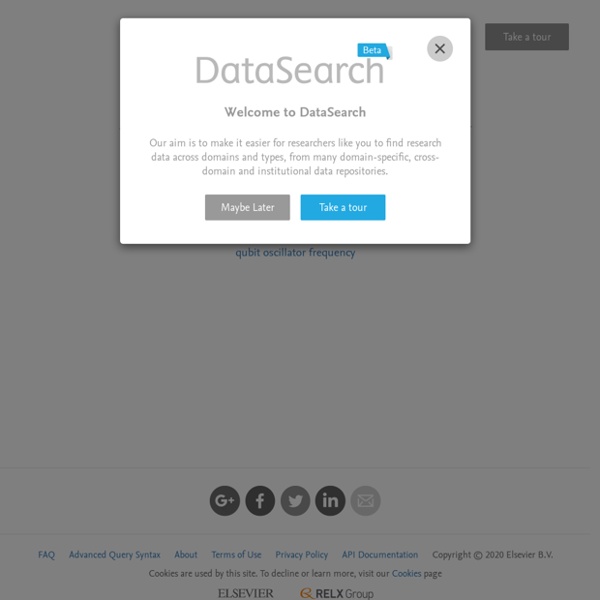



Databib The R Trader » Blog Archive » BERT: a newcomer in the R Excel connection A few months ago a reader point me out this new way of connecting R and Excel. I don’t know for how long this has been around, but I never came across it and I’ve never seen any blog post or article about it. So I decided to write a post as the tool is really worth it and before anyone asks, I’m not related to the company in any way. BERT stands for Basic Excel R Toolkit. It’s free (licensed under the GPL v2) and it has been developed by Structured Data LLC. In this post I’m not going to show you how R and Excel interact via BERT. How do I use BERT? My trading signals are generated using a long list of R files but I need the flexibility of Excel to display results quickly and efficiently. Use XML to build user defined menus and buttons in an Excel file.The above menus and buttons are essentially calls to VBA functions.Those VBA functions are wrapup around R functions defined using BERT. Prerequisite 1 – Download and install BERT from this link. Step by step guide You’re done!
Academic Search Engines Additional Resources Information and Tips A note on Authoritative Regardless of where you find information, it is important to evaluate the source of it, especially if you are using it for decision-making or in an educational setting. Search Engines and Directories The first three tools listed in this category are directories compiled by consortiums of universities. ipl2 was formed from the merger of two prior academic directories, the Internet Public Library and LII, Librarians’ Index to the Internet. iSEEK and Virtual LRC are more like traditional search engines, but similarly limited to preselected academic sources. Scholarly Papers These search engines include papers and other academic documents, largely from academic journals. Online Courses and Video The first two sources here are for finding online courses. Flashcards and Quizzes Books Docs and Presentations Changes to this Page Search Tips by Tool OpenCourseWare Search tip: OpenCourseWare Consortium includes MIT and other institutions
Interactive Statistical Calculation Pages Search Engines:Research Aid Databases From Topical Search Wiki Academic Ranking Journals characteristics SHERPA Databases RoMEO – A database of publisher's policies regarding the self- archiving of journal articles on the web and in Open Access repositories. JULIET – A database of funders archiving mandates and guidelines. [2]CofactorJournalGuideGenamics JournalSeek – A catalog of research journals including journal description, abbreviation, homepage link, subject category and ISSN. Reference works Scholars social networks CrossRef – An authoritative catalog of primary research publications. JournalTOCs – A catalog of academic journals tables of contents (TOCs) RSS feeds. Related Pages References ↑ "Introduction", Arnetminer, Accessed Dec 15, 13, Robin Kear and Danielle Colbert-Lewis, "Citation searching and bibliometric measures", College & Research Libraries News 72 (2009):470-474 , accessed Dec 6, 2013,
Downloadable Sample SPSS Data Files Downloadable Sample SPSS Data Files Data QualityEnsure that required fields contain data.Ensure that the required homicide (09A, 09B, 09C) offense segment data fields are complete.Ensure that the required homicide (09A, 09B, 09C) victim segment data fields are complete.Ensure that offenses coded as occurring at midnight are correctEnsure that victim variables are reported where required and are correct when reported but not required. Standardizing the Display of IBR Data: An Examination of NIBRS ElementsTime of Juvenile Firearm ViolenceTime of Day of Personal Robberies by Type of LocationIncidents on School Property by HourTemporal Distribution of Sexual Assault Within Victim Age CategoriesLocation of Juvenile and Adult Property Crime VictimizationsRobberies by LocationFrequency Distribution for Victim-Offender Relationship by Offender and Older Age Groups and Location Analysis ExamplesFBI's Analysis of RobberyFBI's Analysis of Motor Vehicle Theft Using Survival Model
Guide to academic search This guide was created by the curator of the JURN search-engine. Below is a short guide to various free search-engines and tools. Specifically, to those tools likely to lead to open material useful for UK students and researchers in the arts and humanities. Last updated: 17th September 2018. Last checked for link-rot: November 2017. * “How can I search across academic repositories?” GRAFT searches across all known academic repositories, full-text and records alike. OpenDOAR is comparable to GRAFT, though GRAFT is more up-to-date and at November 2017 covers 1,400 more repositories than OpenDOAR does (even after a very thorough cleaning and de-duplication of URLs). Other dedicated cross-repository search tools include OpenAIRE; Digital Commons; BASE; CORE; and OATD: Open Access Theses and Dissertations. * “I want to search inside millions of modern non-fiction books”: Google Book Search. Amazon ‘Search Inside’ (aka ‘Look Inside’). Internet Archive: Texts. Google Scholar. U.S. Archives Hub UK.
Plot Digitizer Top Thesis & Dissertation References on the Web: OnlinePhDprogram.org A Master’s Thesis or Doctoral Dissertation is the capstone of many graduate programs. It requires a monumental amount of effort to put together the original research, citations, and sheer writing time to finish. Many students cruise through their master’s and PhD coursework without breaking a sweat, only to be stonewalled when it comes time to write a long, in-depth dissertation that contributes original material to the student’s chosen field. Bluntly, finishing a thesis or dissertation is hard, and nobody can do it alone. It is impossible to do original research in any field without reading the work that has come before. Writing and research styles can be completely different from one discipline to the next. VitaeVitae is an organization based in the United Kingdom focused on professional and career development of doctoral researchers and the staffs of higher education institutions.Compelling Feature: How is Vitae Structured? “Publish or perish” is the axiom many academics live by.